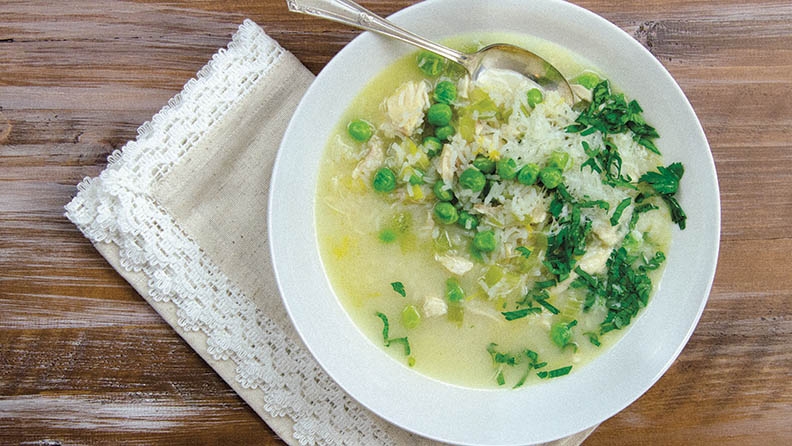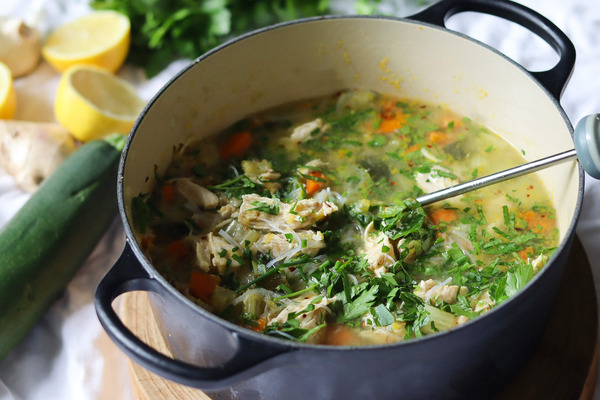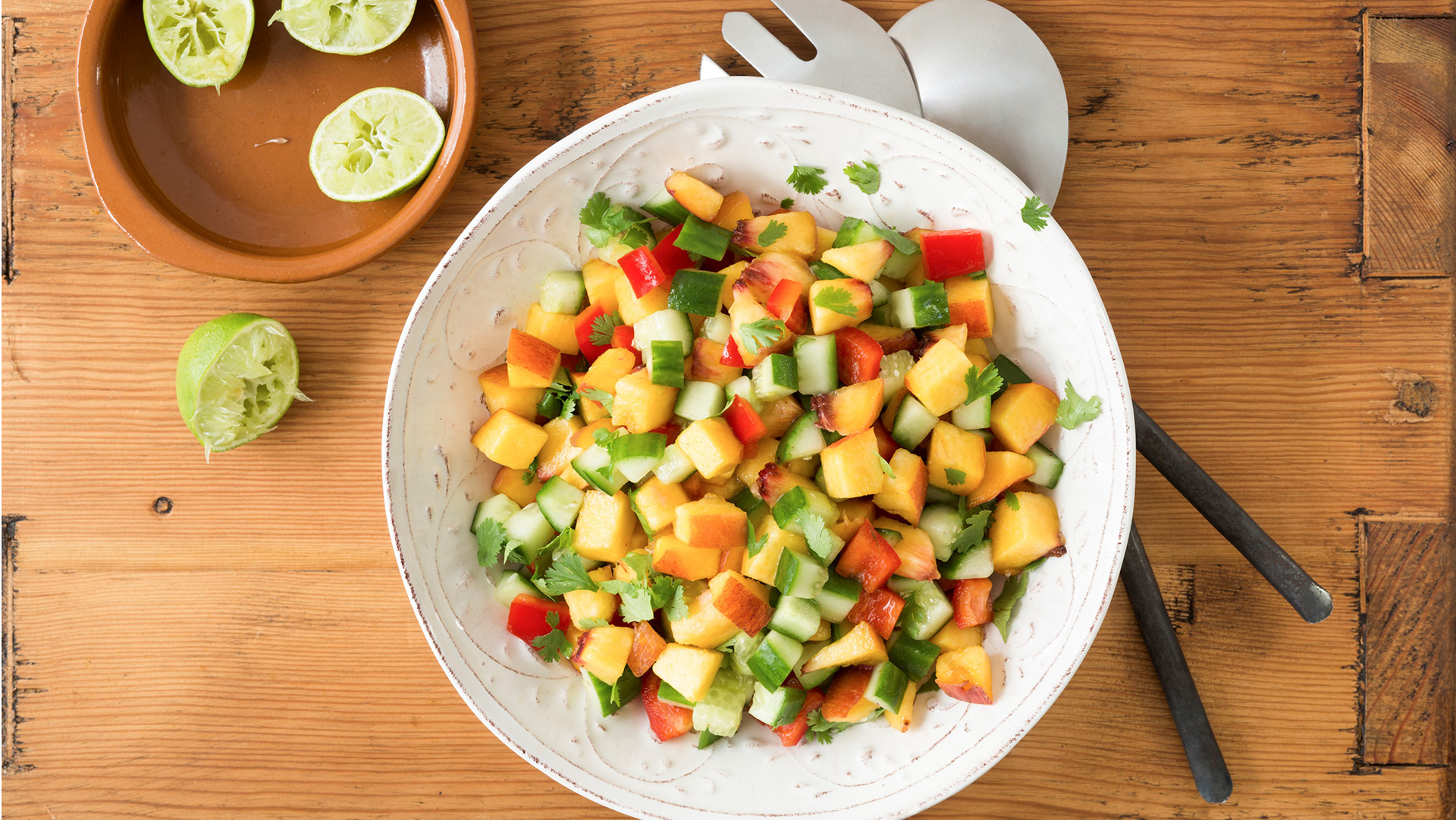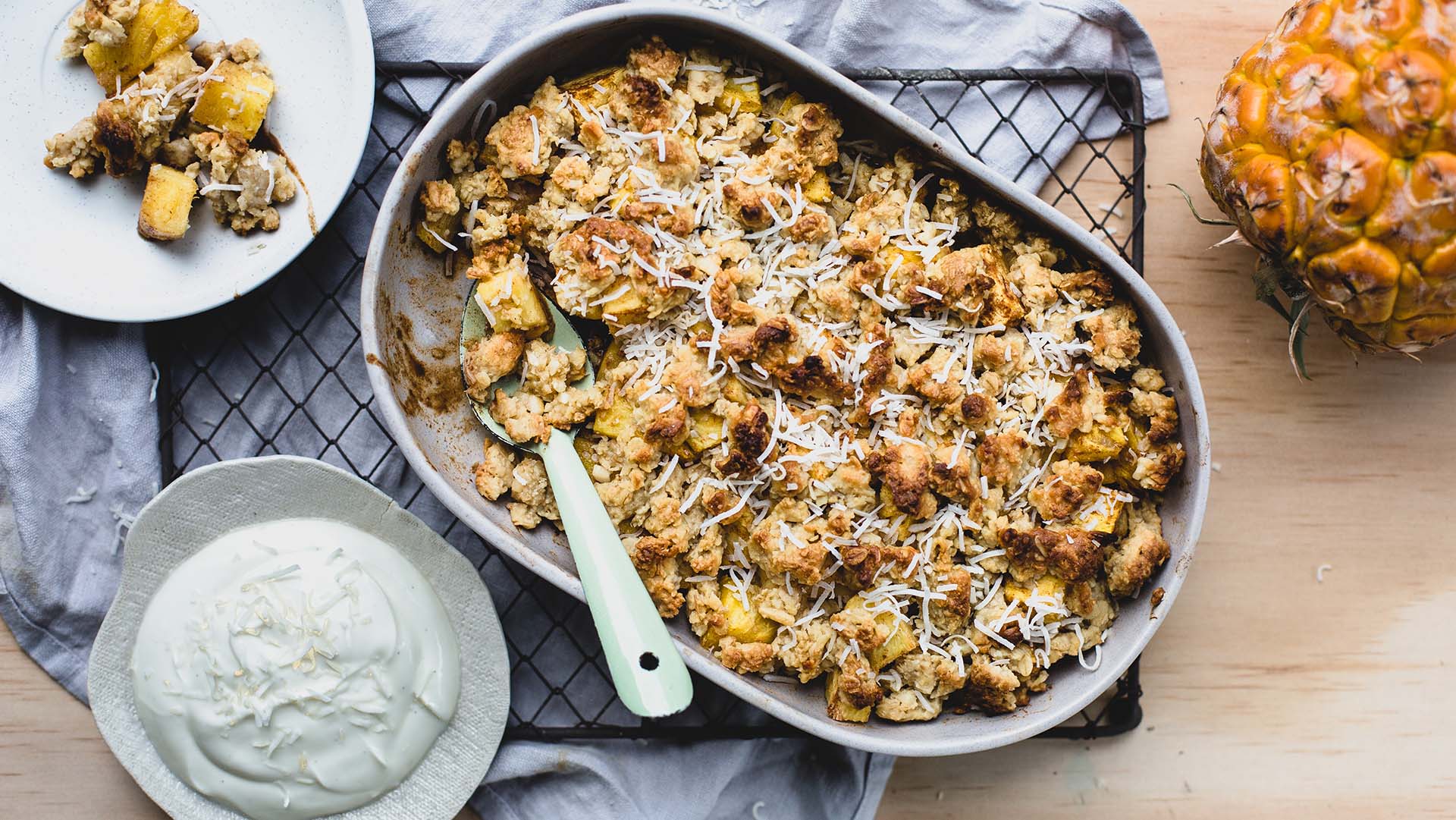-
Your diet is a powerful tool for looking after your cholesterol levels and your heart generally. Unlike your age or family history, your diet something that is largely within your control to change. Most importantly, eating well doesn’t require deprivation or strict dieting – eating to beat cholesterol can be enjoyable.
The great thing about a heart-friendly diet is that it improves lots of other risk factors as well, such as blood pressure, blood glucose levels, other fats in the blood (triglycerides) and unhealthy body fat stored around the middle.
Good and bad cholesterol
We often talk about “good” and “bad” cholesterol to note the important difference between two types:
- The cholesterol to avoid is LDL (remember L for lousy). This cholesterol deposits on the walls of your arteries. Lowering your LDL cholesterol levels will reduce your risk of cardiovascular disease.
- The good cholesterol is HDL (remember H for happy). This is actually protective because it collects cholesterol from around the body and takes it back to the liver for processing.
It’s important to look past your total cholesterol number and find out the proportion between LDL and HDL cholesterol to determine your risk level.
"The low fat diet is dead – it’s all about ensuring you eat healthy fats, rather than no fats at all. Foods rich in healthy fats include nuts, fish, avocados and olives."
Foods to beat cholesterol
Top cholesterol beaters include healthy oils, plant sterols, nuts, soluble fibre and soy. These are best enjoyed within a mostly plant-based, heart-friendly eating pattern. That means eating plenty of vegetables and fruits, legumes and wholegrains, as well as some fish, lean meat and dairy foods.
- Healthy oils The low fat diet is dead – it’s all about ensuring you eat healthy fats, rather than no fats at all. Examples of healthy fats include olive, canola, sunflower and rice bran oils, and unsaturated oil spreads. Foods rich in healthy fats include nuts, fish, avocados and olives.
- Plant sterols Try to consume 2 g a day of plant sterols, which can be found in vegetable oils, and plant sterol-enriched foods such as oil spreads, margarine, low-fat yoghurt and low-fat milk.
- Nuts Aim for 1-2 handfuls a day, preferably unsalted.
- Soluble fibre Foods rich in soluble fibre include psyllium, oats, barley, lentils, eggplant, okra, apricots, mango and oranges. Soluble fibre supplements are available too.
- Soy Tofu, tempeh, soy milk, soy burgers, soy bread and breakfast cereal.
Foods to limit
We need to replace saturated and trans fats with unsaturated fats to lower cholesterol and reduce cardiovascular risk. Practical ways to achieve this are:
- Enjoy lean meats.
- Cook and dress food with healthy oils.
- Use oil spread instead of butter.
- Limit commercially produced pies, pastries, cakes and cookies, as well as take away and fast food.
The cholesterol-friendly diet
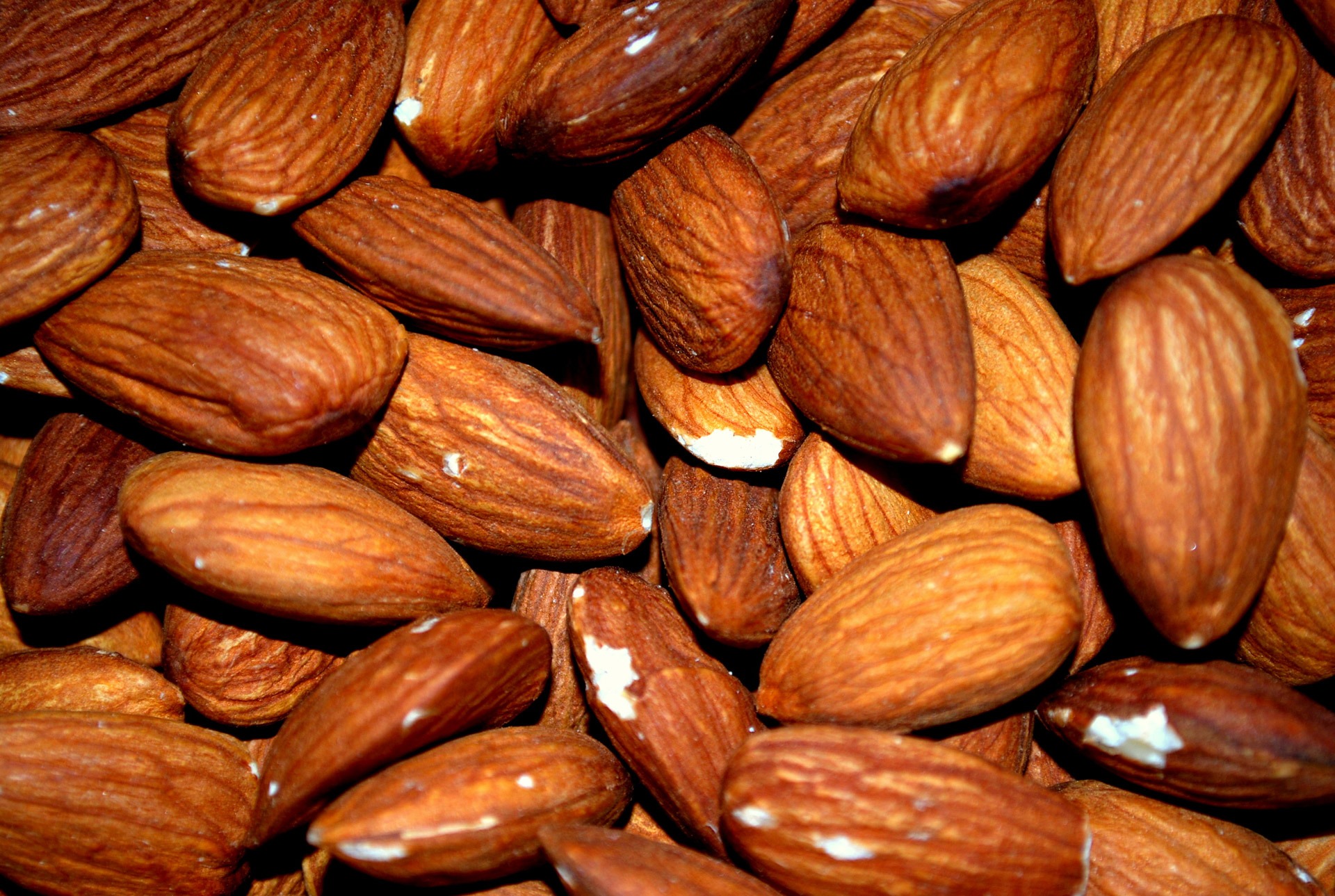
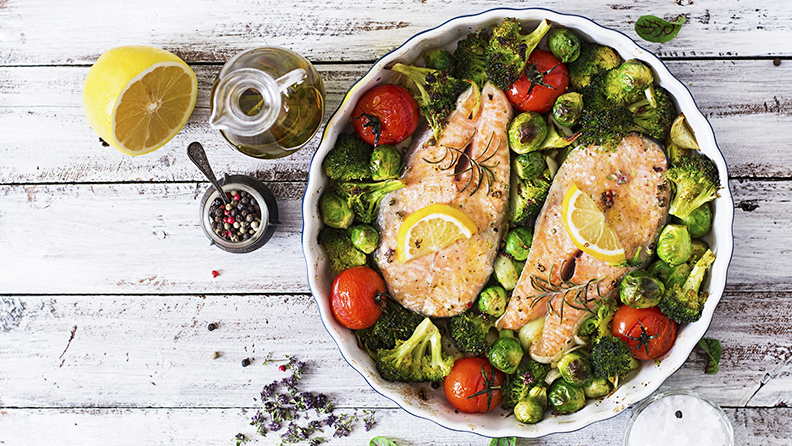
-
"For a cholesterol-friendly diet, eat plenty of vegetables and fruits, legumes and wholegrains, as well as some fish, lean meat and dairy foods."
A cholesterol-friendly day on a plate
Rather than aim for perfect, we encourage ticking off as many cholesterol-beaters and heart-friendly foods as you can. Don’t stress – just do your best and enjoy your food.
An example of a balanced day on a plate might be:
- Breakfast – Porridge, muesli or wholegrain breakfast cereal topped with fruit and nuts with light milk or soy milk. Coffee made with light milk (yes, coffee in moderation is fine – yay!).
- Lunch – Sandwich with soy linseed bread, plant sterol enriched spread, salmon and salad.
- Dinner – Wholemeal pasta with chicken or lean beef, cannellini beans, and plenty of mixed vegetables in a tomato-based sauce. Melt some plant sterol enriched spread through the pasta. Perhaps a small 100 ml glass of wine (not essential – the usual disclaimers apply!).
- Snacks – Yoghurt, fresh fruit in season and nuts (any type you like, ideally unsalted).
- Drinks – Tea (up to four cups is fine) and water
Quick and easy meals to try
Preparing most of your food yourself is a very positive step because you have more control over the ingredients and the portion size. Even if you aren’t a great cook, there are lots of quick and easy meals you can assemble with basic food skills.
Here are a few simple ideas:
1. Overnight bircher muesli (serves two)
Mix ½ cup oats, 2 teaspoons chia seeds, 1 grated green apple, ¼ teaspoon cinnamon and ½ cup natural or vanilla yogurt in a bowl. Cover and refrigerate overnight. In the morning, divide muesli between two bowls and top with yogurt, a little milk, 1 Tablespoon pistachio nuts, your choice of berries and drizzle with agave syrup (or honey).
2. Red cabbage, almond and orange salad (serves two)
Mix together 2 cups finely shredded red cabbage, ½ cup grated carrot, ¼ cup sliced celery and chopped chunks of a peeled orange (pith and seeds removed). Sprinkle over ¼ cup slivered almonds to serve (roast these in a pan first if you have time as it enhances the flavour). This is great with leftover cooked chicken, or in a roll (or wrap) with cottage cheese.
3. Pumpkin, bean, sage and walnut penne (serves 2)
Microwave or steam 2 cups diced butternut pumpkin until cooked and mix into 2 cups cooked whole wheat penne pasta with ½ cup drained and rinsed canned kidney beans. Mix together 1 tablespoon olive oil, 1 teaspoon crushed garlic and 1 tablespoon torn sage and stir through the penne. Serve topped with a dollop of low-fat natural yogurt and chopped walnuts.
Learn more about cholesterol at the Heart Foundation.
-
Is sharing a meal the secret ingredient to a happier life?
Why social connection may be the most important ingredient on your plate.
-
Chicken soup with parmesan, rice, peas and lemon recipe
Nourishing chicken soup
-
The best immunity-boosting foods
Key nutrients to focus on that could help to boost your immunity, and the how to get them.
-
Comforting chicken noodle soup
Packed with anti-inflammatory ingredients including leek, garlic and ginger, this chicken noodle soup is hearty, full of goodness and great for any night of the week.
-
Peach salsa recipe
Zesty and unusual peach salsa recipe
-
Pineapple gingerbread crumble recipe
A summer riff on a winter classic.
Subscribe to receive the best from Live Better every week. Healthy recipes, exercise tips and activities, offers and promotions – everything to help you eat, move and feel better.
By clicking sign up I understand and agree to Medibank's privacy policy


